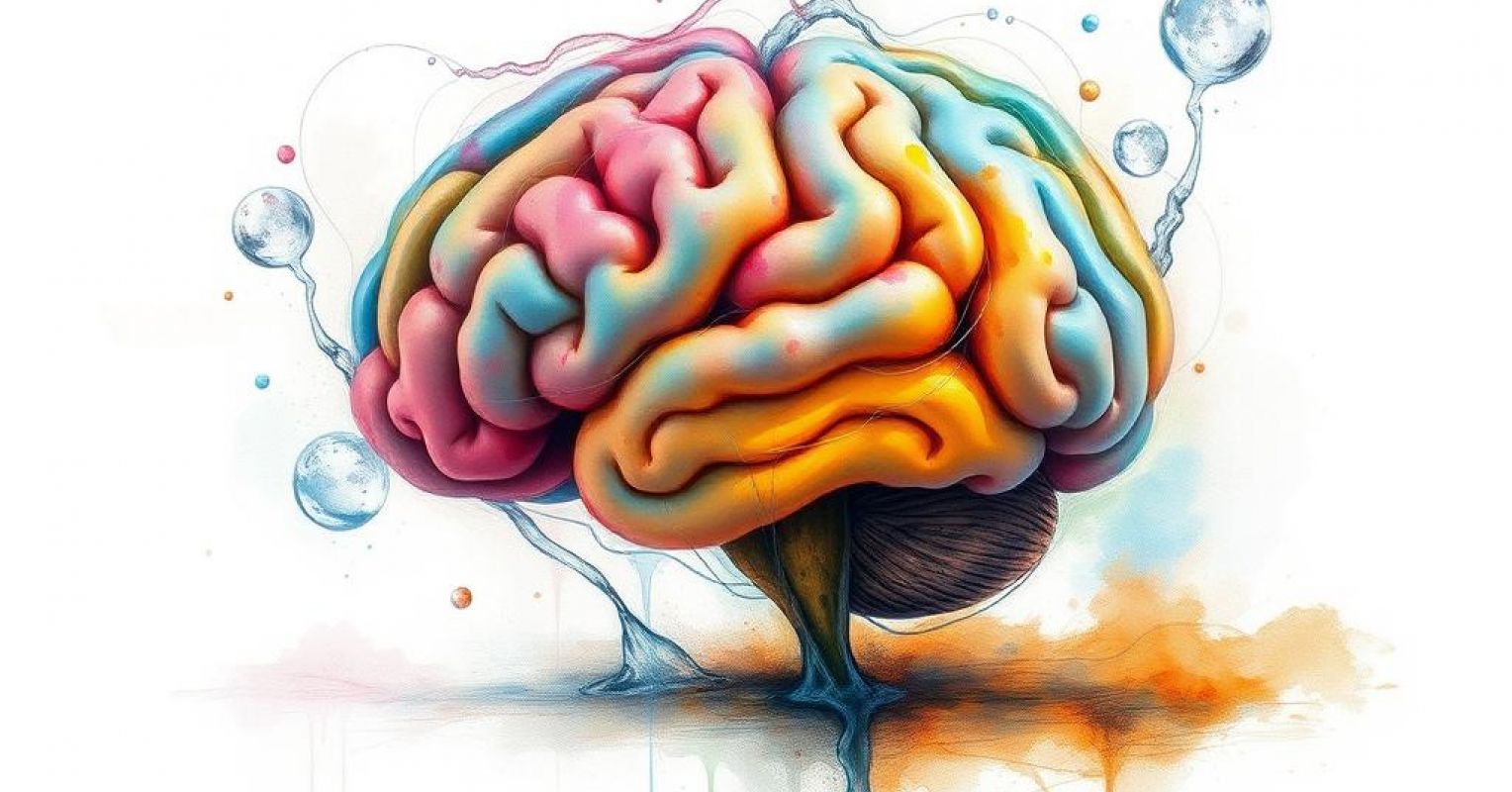#alcohol
#alcohol
[ follow ]
#boundaries #cocktails #addiction #public-health #parenting #relationships #cancer-risk #wine #sobriety
fromwww.mercurynews.com
1 month agoMom charged in Los Gatos teen party scandal speaks out mid-trial
They were given immunity to point the finger at me so they wouldn't get in trouble. That's what this is. I'm not saying I'm not at all to blame whatsoever. It was my alcohol that they got drunk off of. It was my home that they were at. I've never said that I was not aware of any alcohol. I've never stated that. I did become aware of it. I feel responsible.
California
fromBoston.com
1 month agoAmerican Heart Association revives theory that light drinking may be good for you
The paper, which sought to summarize the latest research and was aimed at practicing cardiologists, concluded that light drinking - one to two drinks a day - posed no risk for coronary disease, stroke, sudden death and possibly heart failure, and may even reduce the risk of developing these conditions. Controversy over the influential organization's review has been simmering since it was published in the association's journal Circulation in July.
US news
fromSlate Magazine
1 month agoMy Boss Overdid It at the Holiday Party-Again. His Bosses Made It My Problem.
This is a lot more serious than your company is admitting. For one thing, it's a huge liability to have an employee get so drunk that you have to physically carry him upstairs. You could have been hurt or you could have hurt him-both of which the company would likely have been liable for. And this isn't the first time something like this has happened. This is when you start documenting absolutely everything.
Careers
Health
fromIndependent
1 month agoStay Well: Are there any supplements that will protect my liver while I indulge in food and alcohol this festive season?
Festive overeating and drinking significantly stress the liver; supplements' benefits are uncertain, so prioritise proven protective measures during the party season.
Relationships
fromSlate Magazine
2 months agoMy Mother-in-Law Did Something Unforgivable at Our Anniversary Party. My Husband Thinks She'll Behave at Our Next Shindig, But I Don't.
Have the husband set clear behavioral and alcohol limits with his mother and make her attendance conditional on her agreement to comply.
fromTasting Table
2 months ago11 Tasty Mix-Ins That Transform Your Ninja CREAMi Creations - Tasting Table
Instead of churning the ice cream like a traditional machine would, the Ninja CREAMi spins a frozen base until it reaches the right consistency. With churned ice cream, the mix-ins would be added before freezing, but when using the Ninja, you introduce them afterward. The appliance has a special setting for mixing in the chosen additions, evenly incorporating them into the ice cream.
Food & drink
fromInsideHook
2 months agoConfessions of a Bartender: The Thanksgiving Shift
But there are also those among us who would prefer not to have random drunk family members passed out in our living room and instead opt for a night out at our favorite restaurant. This is a story about those unlucky few of us who, year after year, open our establishment's doors to the masses and serve hundreds of turkeys, thousands of potatoes, and an incalculable amount of wine. There are two types of people that volunteer to work at
Food & drink
Women
fromIndependent
3 months ago'Drinks were hitting me faster and the hangovers got more severe - why so many women my age are giving up alcohol'
Perimenopause-related oestrogen changes increase alcohol sensitivity in women over 40, causing stronger hangovers and worsening mood, sleep, cognition, and anxiety.
fromFuturism
3 months agoDoctors Just Found Something Fascinating About What Happens When You Drink on Ozempic
GLP-1 drugs like semaglutide, the active ingredient in Novo Nordisk's Ozempic and Wegovy, were originally intended to treat diabetes - and didn't become blockbuster prescriptions until doctors realized that they were also potent weight loss aids that seem to re-wire patients' relationship to food and satiety. Since then, it's slowly been emerging that they have another surprising effect: many users report less of a desire to throw back as many drinks as they did before starting the injections.
Medicine
fromPsychology Today
4 months agoCouples Are Now Making Agreements About Getting High
My previous posts on agreements between relationship partners have focused on sexual agreements, the rules or understandings couples form related to sex with partners outside their relationship (Cain & Starks, 2024). Almost two decades of research has examined the types of sexual agreements couples form, challenges with sexual agreement formation, and associations between sexual agreements and sexual behavior outcomes (most notably sexual HIV transmission risk, use of sexual risk reduction strategies, and drug use). Our recent paper (Starks & Cain, 2025), published in Couple and Family Psychology: Research and Practice, extends this work on behavioral agreements to substance use.
Relationships
fromSlate Magazine
5 months agoHelp! My Wife Swears that Allowing Alcohol into Our Home Is a Slippery Slope. I'm Tired of It.
You're making an assumption about your wife's position on alcohol that might not be accurate. Is it really that she thinks a bottle of wine in the house means one of you will end up addicted? Or could it be that the sight of someone drinking, or even the smell of alcohol, brings up upsetting memories for her? Is it possible that it takes a lot for her to resist drinking, and she doesn't want to have to use that willpower at home?
Relationships
UK news
fromwww.standard.co.uk
5 months agoMet Police officer who turned up for work drunk is sacked from the force
A police officer was sacked for reporting to duty drunk, damaging public trust and confidence in the police.
Detective Constable Neil Gray was found three times over the alcohol limit while on duty.
Board games
fromwww.mercurynews.com
7 months agoMiss Manners: My fun party game went off the rails when my guest was arrested
Using a breathalyzer game to address impaired driving can trivialize the seriousness of the issue.
It's crucial to prioritize safety and exercise better judgment when serving alcohol at gatherings.
fromwww.esquire.com
8 months agoInside the Rise of MAGA Liquors: Let's Go Brandon Bourbon, Redneck Riveria, 4547 Patriot Edition Whiskey, and More
The small yet passionate world of MAGA-themed alcohol reflects a unique counter-culture that's emerged from Trump's presidency, focusing on merchandise that channels strong political sentiments.
US politics
[ Load more ]





:quality(85):upscale()/2026/01/06/936/n/49351082/eca0b2e7695d7ea016f525.80424515_.jpg)








